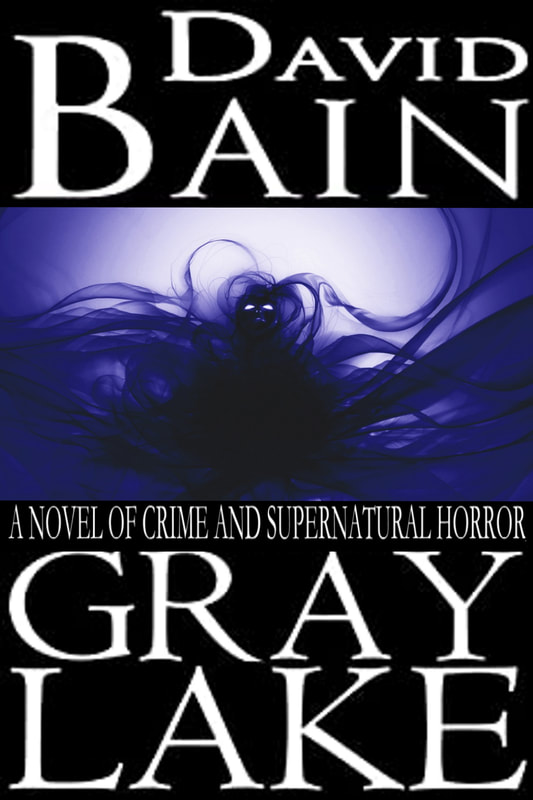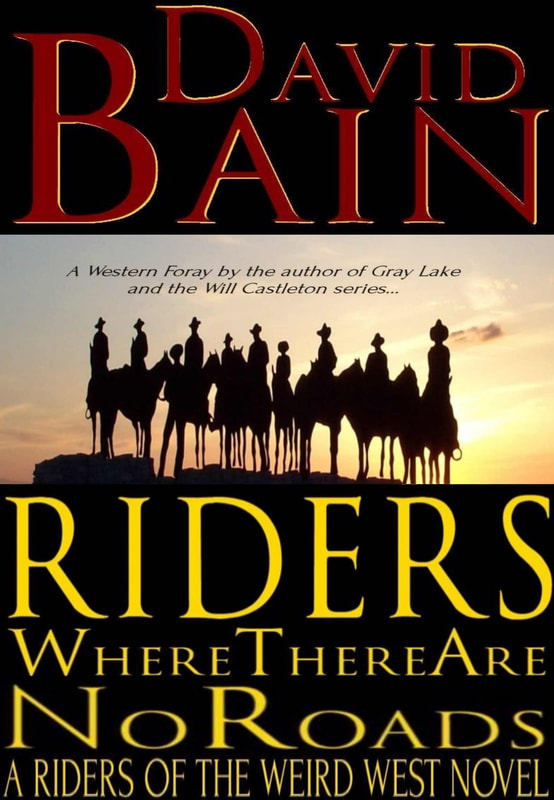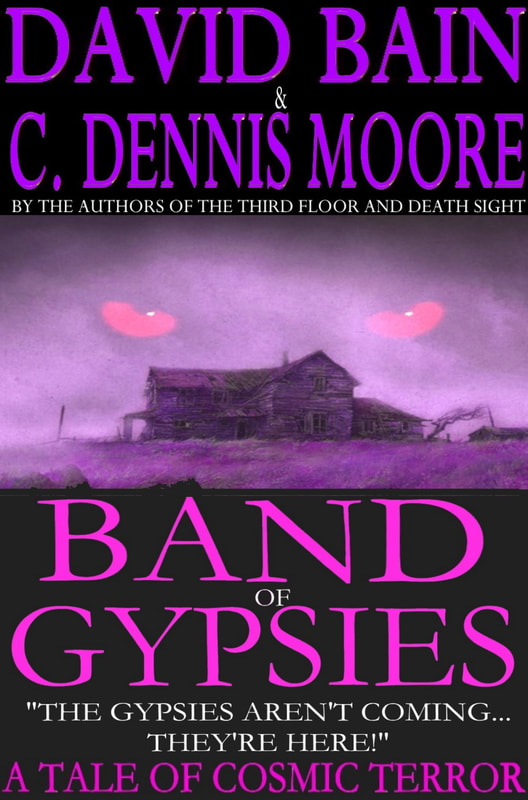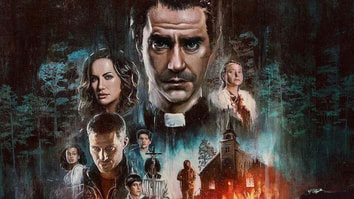
MIDNIGHT MASS REVIEW
by
David Bain
I want to gush over Mike Flanagan’s Netflix series MIDNIGHT MASS a bit, why I think it’s good for the horror genre.
First of all, I’m not sorry about the “spoiler” of announcing the genre. It’s horror, folks. But that’s one thing I find so lovely about it - the horror tropes until the end of episode three or so are minimal; if not for the ads and movie poster - which actually lead you in the wrong direction - murderous mayhem, priest one might think the series is mainstream or literary, even. There are what you might call hints and allegations - you’re not watching Lifetime or Hallmark, exactly, but it’s not typical Shudder fare either - nothing against Shudder. I love that stuff, obvs.
What we need - or, rather, what I identify with, what pleases me so as an author - is the dialogue, the monologues. This sort of thing has earned me more than one “I want my life back” review. (Reviewers tend to love or hate my novel GRAY LAKE for this sort of reason - either you're a member of my tribe or not :-) ). And I get it. I understand - as I’m sure Flanagan does - what the majority of horror fans show up for, and MIDNIGHT MASS eventually delivers (and I like to think I do too).
But meanwhile we get to glimpse into a soul or two - no, not a glimpse.
Rather, we take a deep dive.
Horror is the genre that asks the big questions.
I was attracted to it because the world no longer has appropriate, fulfilling myths. Tolkein wrote The Lord of the Rings, The Silmarillion, etc., attempting to provide the same, but . Horror provides myths in a modern context.
And in dialogue - and quality monologues like the long, beautiful musings on what happens after we die exchanged by Erin and Riley in episode four - we can find what lies at the heart of our human experience, its contradictions, concerns and foibles. We’re vulnerable when speaking at such length - as evidenced by our fear of speaking solo to any sort of audience at such length.
There is, of course, much more to recommend in MIDNIGHT MASS - it’s a great story, beautifully shot, with fantastic characters and a solid exploration of fanaticism vs. faith. A story, or mini-series, cannot stand on style alone.
Still, MIDNIGHT MASS serves to remind us that, while, sure, sometimes we just wants our jump scares, there are times when horror - when any genre - can and should deliver it all, when it can both entertain and rise above, when horror, fantasy, science fiction, mystery, etc., leaves our souls larger and rewarded for having peeked behind that forbidden attic door.
by
David Bain
I want to gush over Mike Flanagan’s Netflix series MIDNIGHT MASS a bit, why I think it’s good for the horror genre.
First of all, I’m not sorry about the “spoiler” of announcing the genre. It’s horror, folks. But that’s one thing I find so lovely about it - the horror tropes until the end of episode three or so are minimal; if not for the ads and movie poster - which actually lead you in the wrong direction - murderous mayhem, priest one might think the series is mainstream or literary, even. There are what you might call hints and allegations - you’re not watching Lifetime or Hallmark, exactly, but it’s not typical Shudder fare either - nothing against Shudder. I love that stuff, obvs.
What we need - or, rather, what I identify with, what pleases me so as an author - is the dialogue, the monologues. This sort of thing has earned me more than one “I want my life back” review. (Reviewers tend to love or hate my novel GRAY LAKE for this sort of reason - either you're a member of my tribe or not :-) ). And I get it. I understand - as I’m sure Flanagan does - what the majority of horror fans show up for, and MIDNIGHT MASS eventually delivers (and I like to think I do too).
But meanwhile we get to glimpse into a soul or two - no, not a glimpse.
Rather, we take a deep dive.
Horror is the genre that asks the big questions.
I was attracted to it because the world no longer has appropriate, fulfilling myths. Tolkein wrote The Lord of the Rings, The Silmarillion, etc., attempting to provide the same, but . Horror provides myths in a modern context.
And in dialogue - and quality monologues like the long, beautiful musings on what happens after we die exchanged by Erin and Riley in episode four - we can find what lies at the heart of our human experience, its contradictions, concerns and foibles. We’re vulnerable when speaking at such length - as evidenced by our fear of speaking solo to any sort of audience at such length.
There is, of course, much more to recommend in MIDNIGHT MASS - it’s a great story, beautifully shot, with fantastic characters and a solid exploration of fanaticism vs. faith. A story, or mini-series, cannot stand on style alone.
Still, MIDNIGHT MASS serves to remind us that, while, sure, sometimes we just wants our jump scares, there are times when horror - when any genre - can and should deliver it all, when it can both entertain and rise above, when horror, fantasy, science fiction, mystery, etc., leaves our souls larger and rewarded for having peeked behind that forbidden attic door.
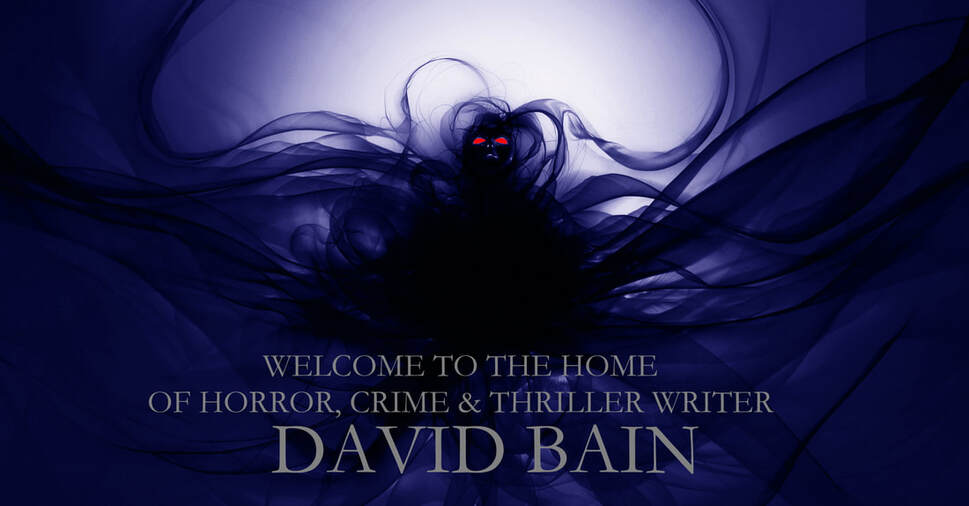
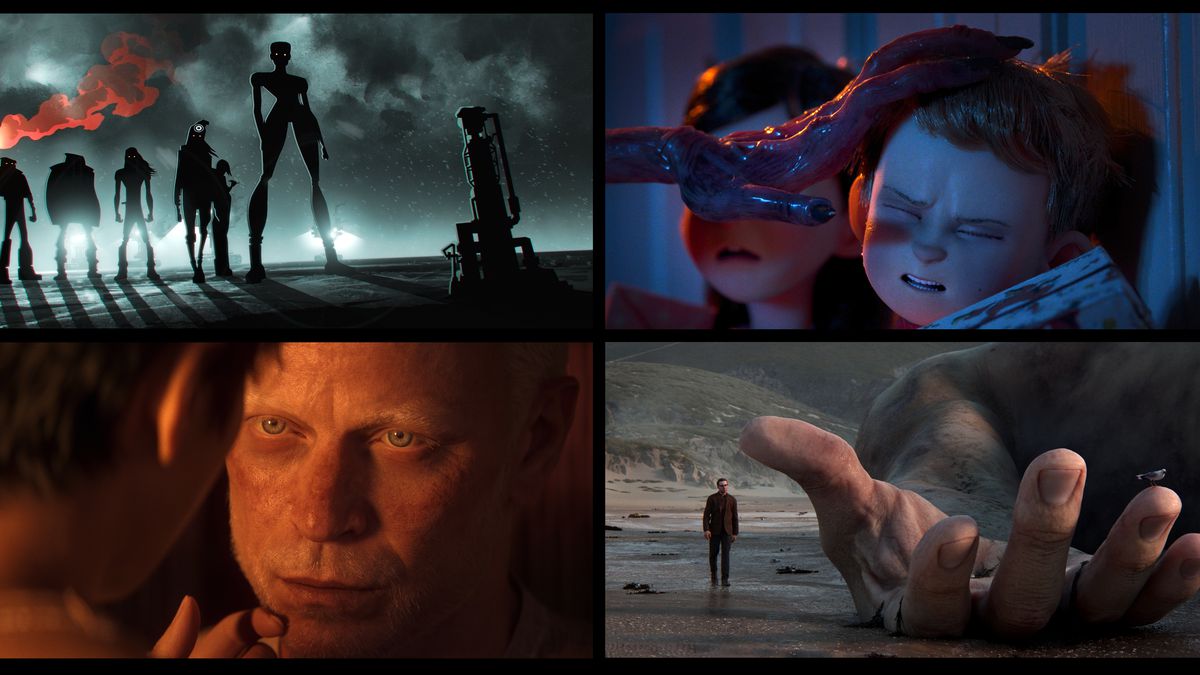
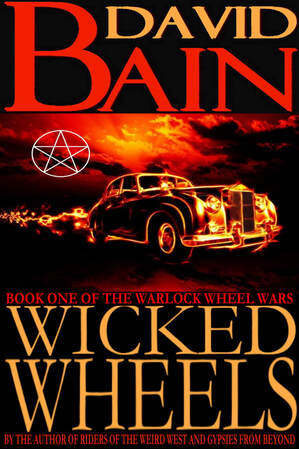
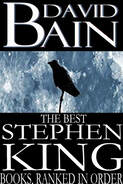
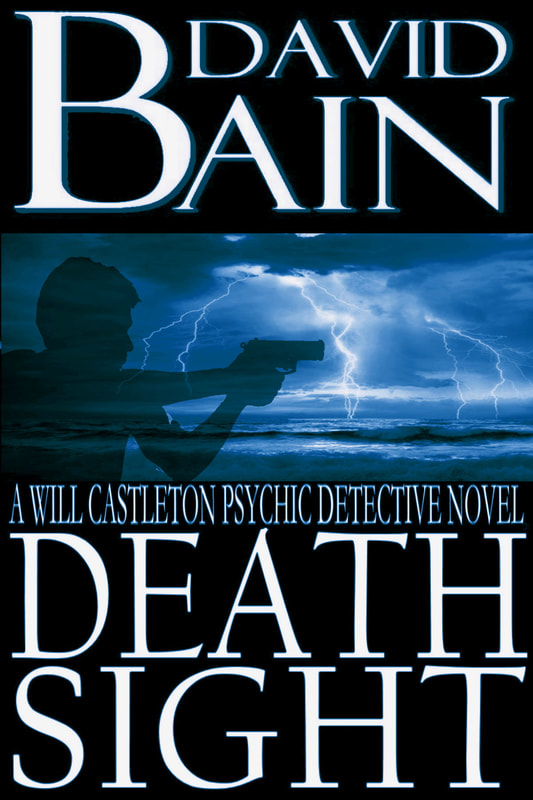
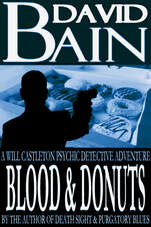
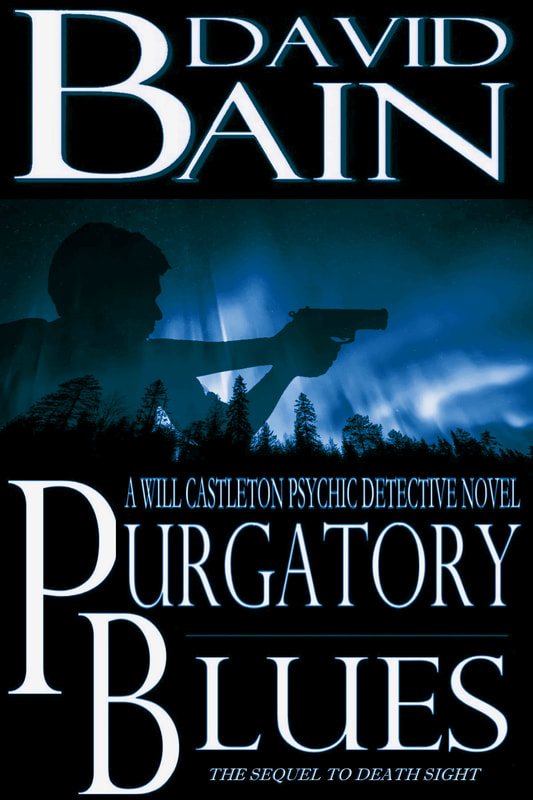
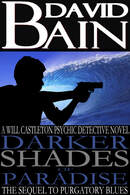
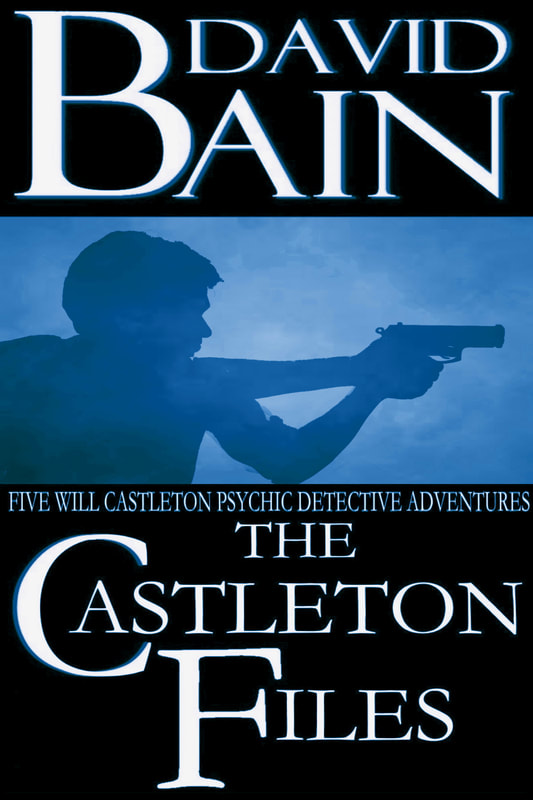
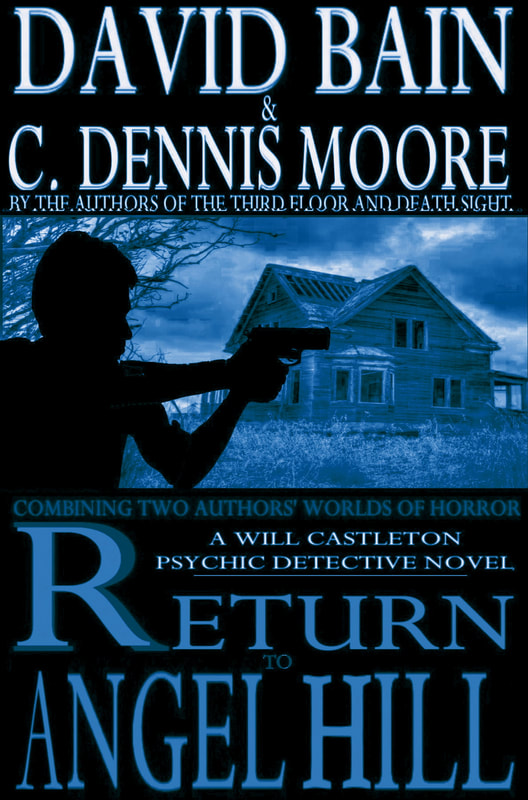
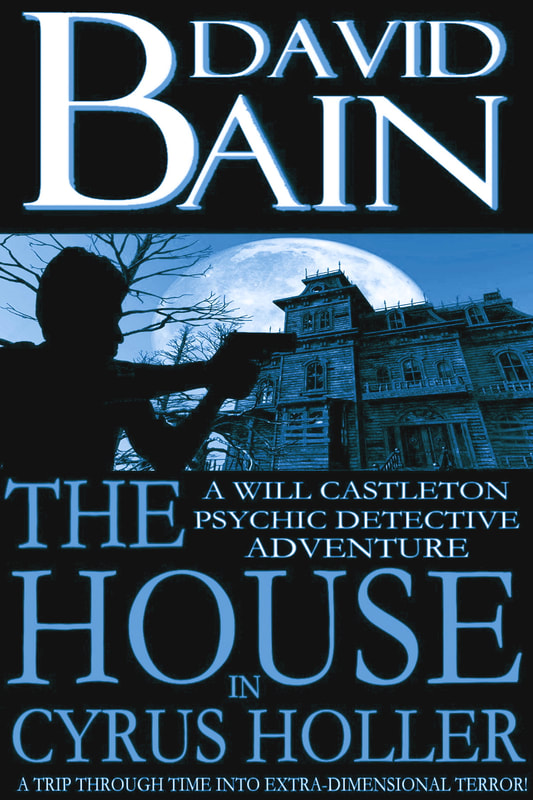
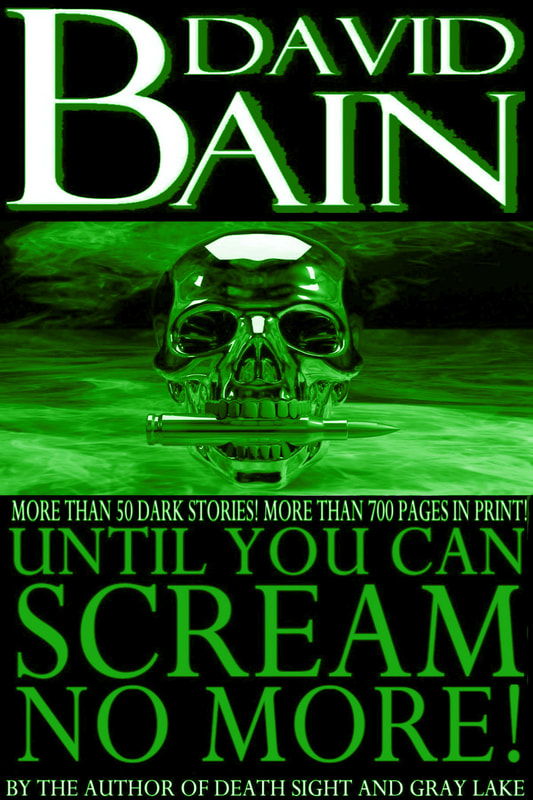
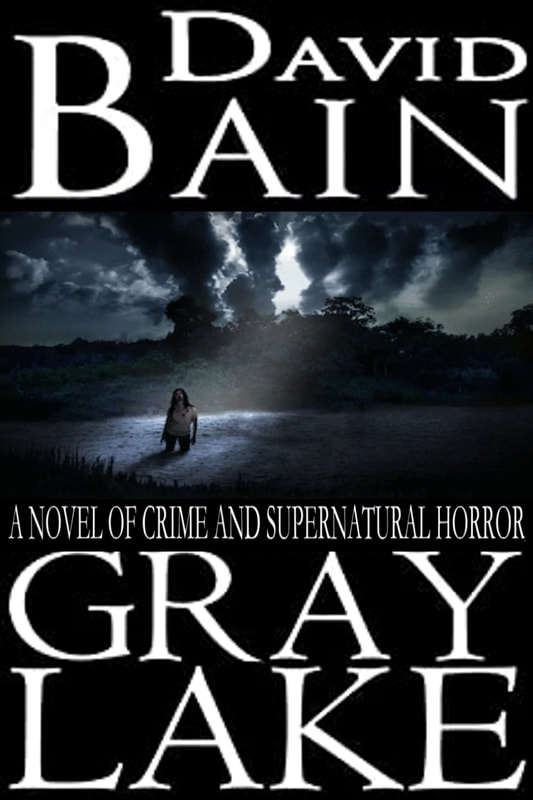
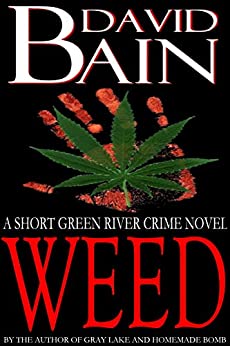
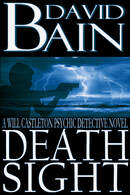
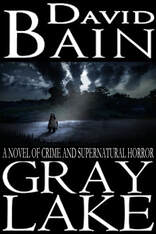
 RSS Feed
RSS Feed

